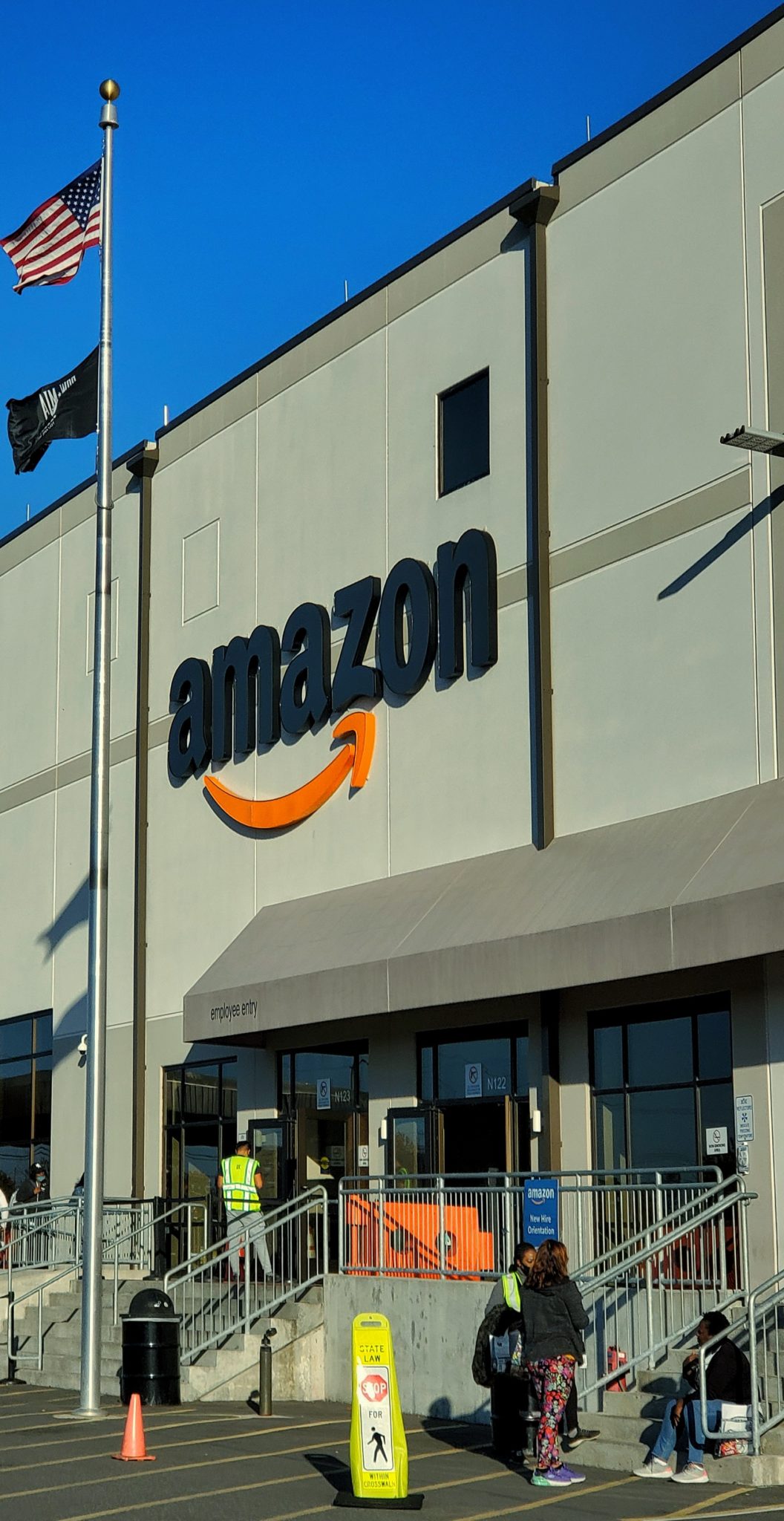Nikita Rumsey is a student at Harvard Law School.
Maryland’s Republican governor Larry Hogan vetoed a statewide paid family and medical leave bill this week. The bill would have guaranteed up to 12 weeks annually for workers with medical need or up 24 weeks for a parent requiring medical need during pregnancy followed by parental leave. However, the state legislature passed the bill with more than the three-fifths majority needed for a veto override, so the bill may yet become law. The legislature will likely need to take another vote before their regular session adjourns on April 11.
Meanwhile, as Bloomberg reported, David Weil, former DOL Wage and Hour administrator during the Obama administration, withdrew his name from consideration for the role this week after failing to garner the necessary support among Senators to advance his nomination. Republicans and business community allies accused Weil of stifling franchising and independent contracting due to his criticism of gig-economy companies’ labor practices and support for broad joint employer rules. Additionally, three moderate Senate Democrats joined Republicans to oppose Weil’s nomination.
In the other news, the historic union victory by the fledgling Amazon Labor Union at the JFK8 fulfillment center may face a protracted legal battle. Amazon filed an appeal this week seeking to overturn the election, outlining 25 objections, including a claim that ALU did not meet the required threshold of employee signatures to compel a vote as well as an objection to undue influence of the NLRB. According to Bloomberg, labor experts do not expect the Board to grant Amazon’s petition, but the ensuing legal fight could hinder the ALU for months or years to come.






Daily News & Commentary
Start your day with our roundup of the latest labor developments. See all
February 13
Sex workers in Nevada fight to become the nation’s first to unionize; industry groups push NLRB to establish a more business-friendly test for independent contractor status; and UFCW launches an anti-AI price setting in grocery store campaign.
February 12
Teamsters sue UPS over buyout program; flight attendants and pilots call for leadership change at American Airlines; and Argentina considers major labor reforms despite forceful opposition.
February 11
Hollywood begins negotiations for a new labor agreement with writers and actors; the EEOC launches an investigation into Nike’s DEI programs and potential discrimination against white workers; and Mayor Mamdani circulates a memo regarding the city’s Economic Development Corporation.
February 10
San Francisco teachers walk out; NLRB reverses course on SpaceX; NYC nurses secure tentative agreements.
February 9
FTC argues DEI is anticompetitive collusion, Supreme Court may decide scope of exception to forced arbitration, NJ pauses ABC test rule.
February 8
The Second Circuit rejects a constitutional challenge to the NLRB, pharmacy and lab technicians join a California healthcare strike, and the EEOC defends a single better-paid worker standard in Equal Pay Act suits.